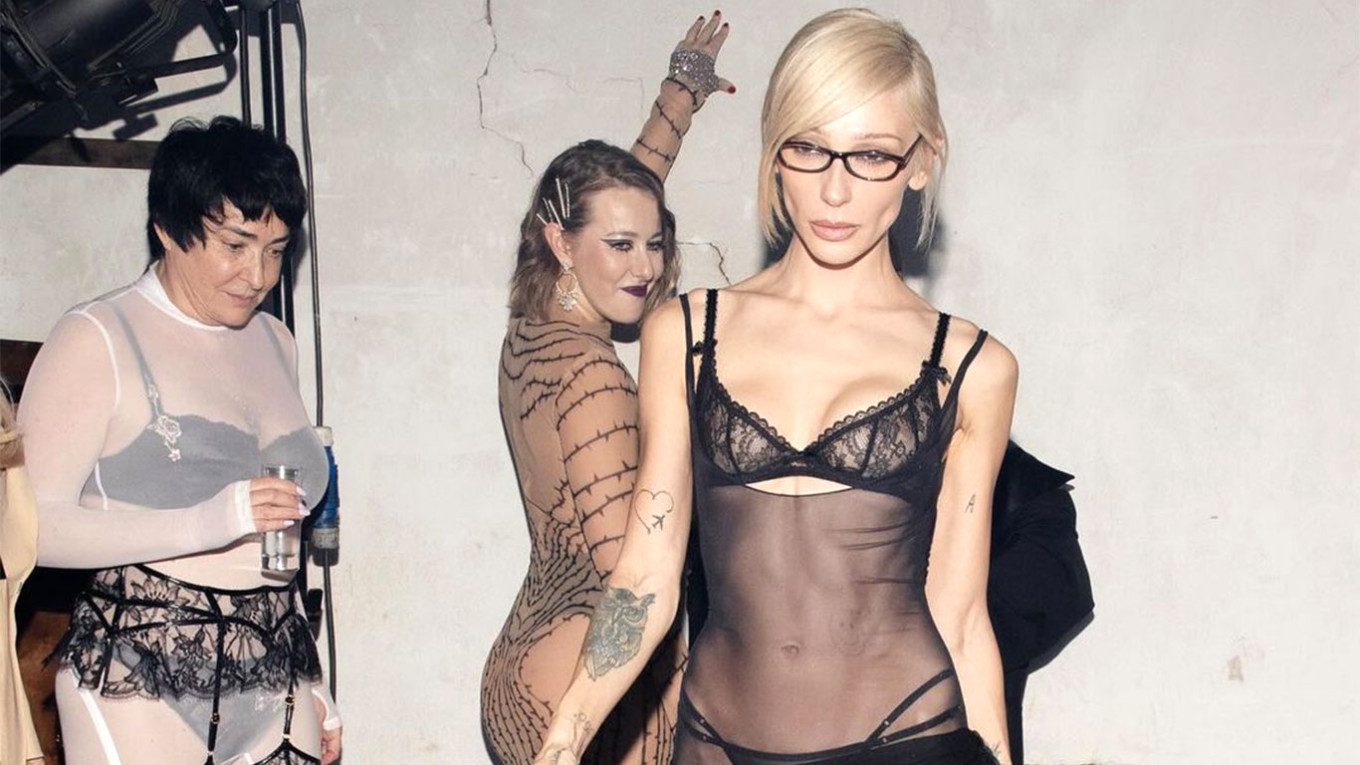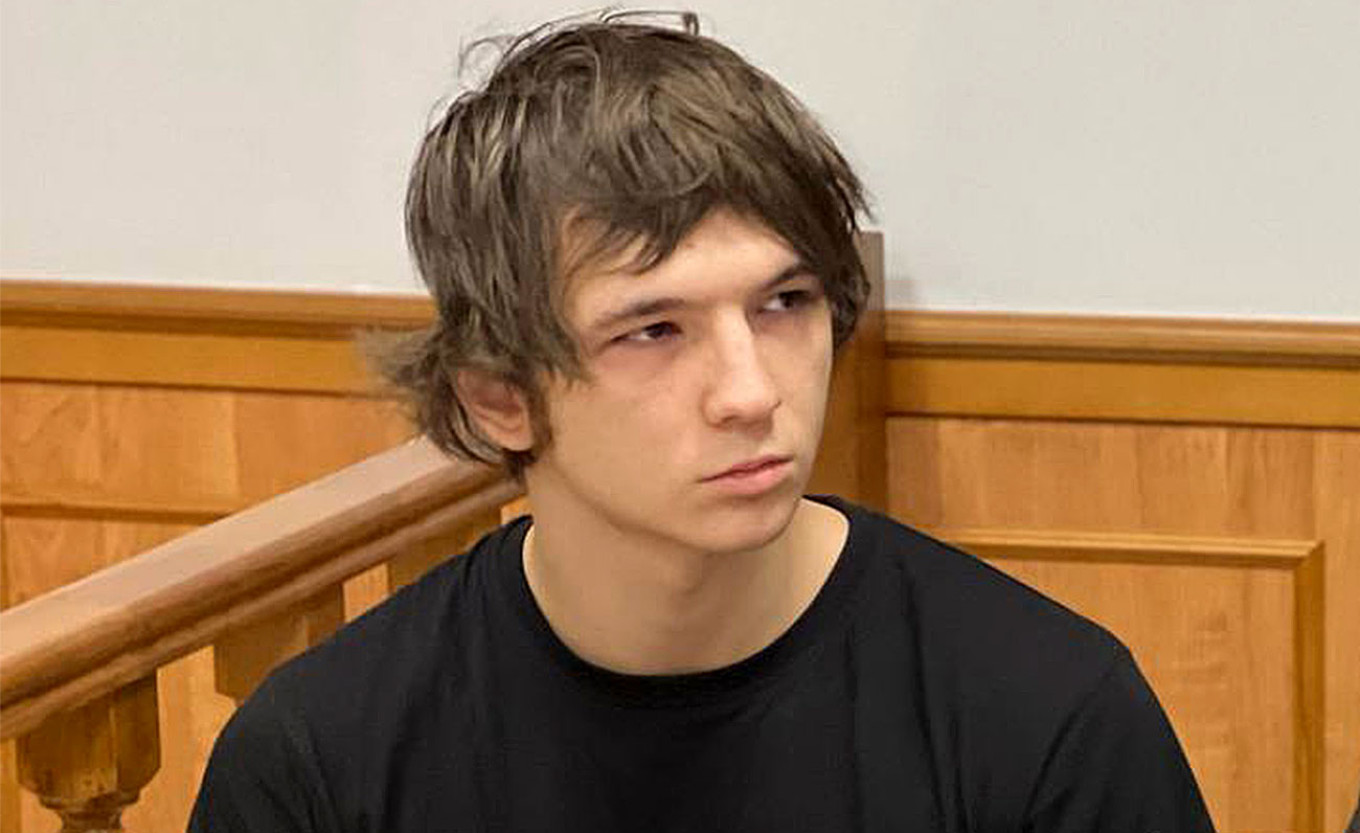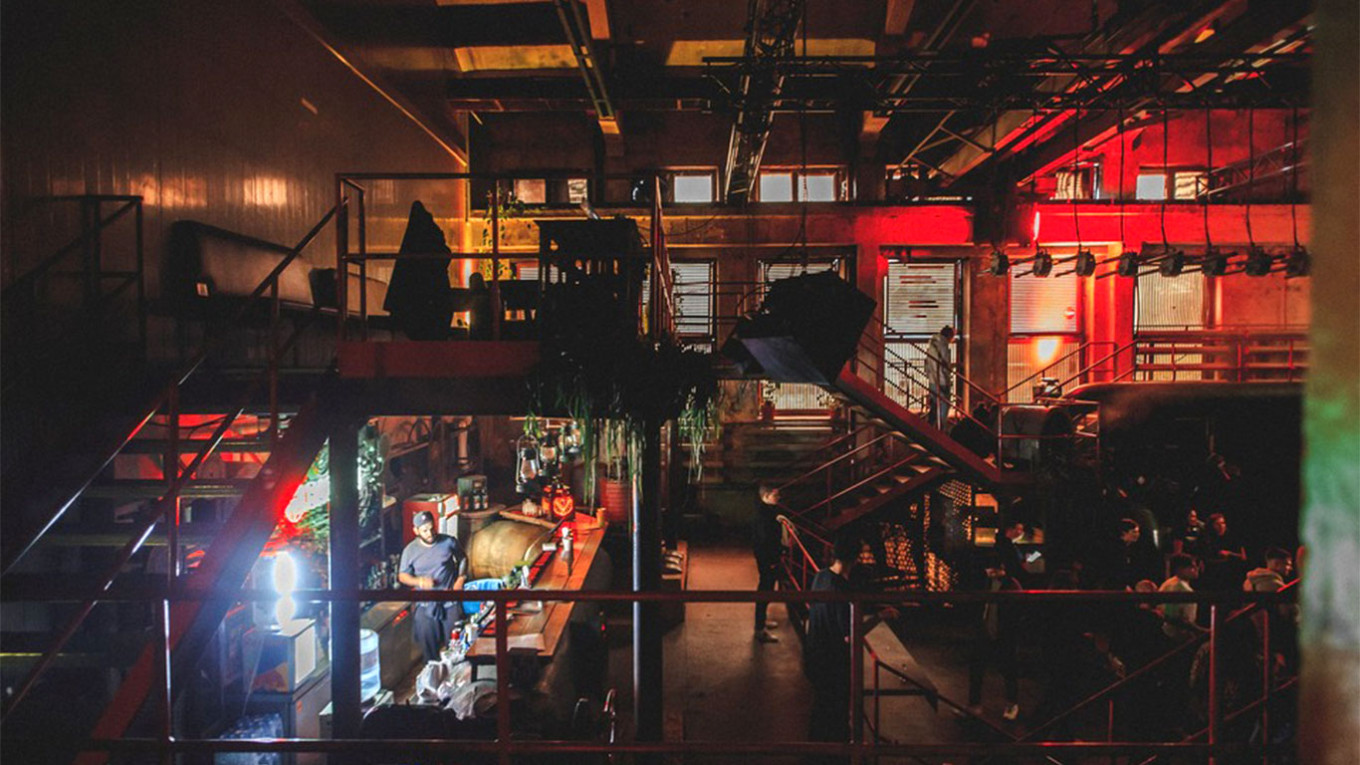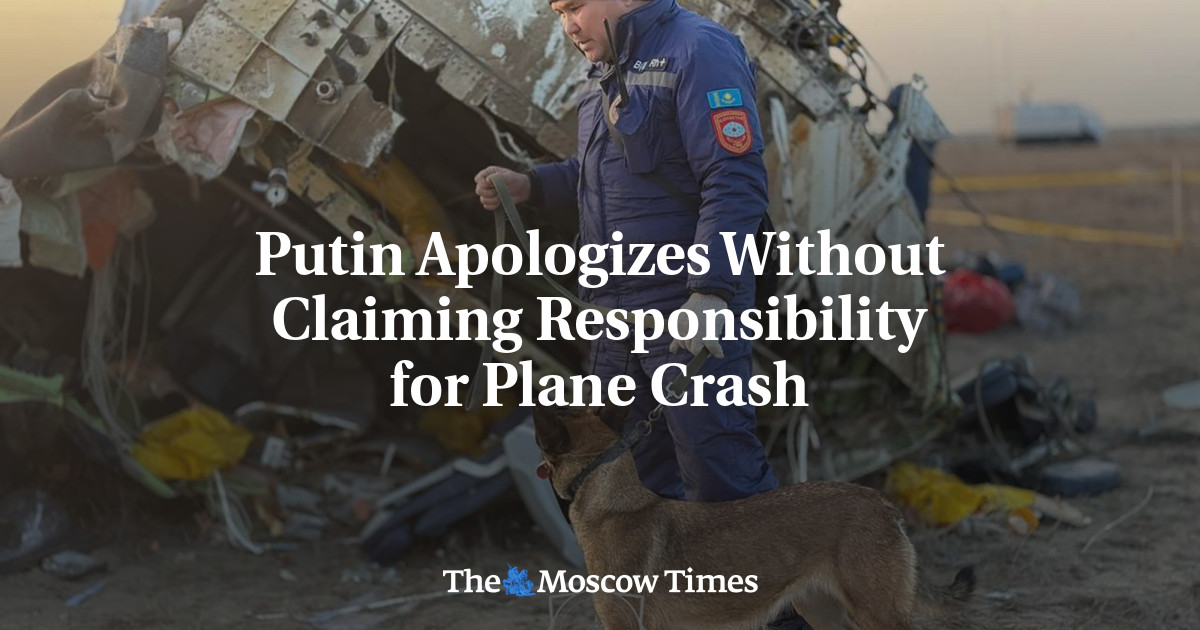The powerful backlash against Russian celebrities who attended an “almost naked” party was escalated at the command of President Vladimir Putin’s administration, sources in the government, the State Duma and the presidential administration told The Moscow Times.
Days after donning lingerie, mesh and leather at a Moscow nightclub, some of the country’s most famous pop stars and bloggers this week posted makeup-free apology videos.
They were facing fierce criticism online, losing contracts and sponsorships and looking at possible prosecution. In short, they were getting canceled.
And this cancellation wasn't just a product of the denunciations of conservative and pro-war voices — it was also coming from the very top.
Throughout the 22-month invasion of Ukraine, Russian authorities preferred to act as if nothing extraordinary was happening, even when facing serious problems on the front. The Kremlin had been one of the advocates for insulating ordinary Russians from the impacts of the war.
But as Putin’s re-election campaign got off to a start this month, the Kremlin found it advantageous to encourage Russians to aim their discontent toward the war and the lagging economy at non-political, non-military figures.
“First and foremost, it's about shifting citizens' attention and directing anger away from the Kremlin and toward 'greedy stars’," a current Russian government official told The Moscow Times, agreeing to speak on condition of anonymity because he was not authorized to speak to reporters.
A source close to the Kremlin and a source in the State Duma confirmed this information to The Moscow Times.
 (L to R) Lolita Milyavskaya, Ksenia Sobchak and Nastya Ivleeva at the party.
Nastya Ivleeva / Instagram
(L to R) Lolita Milyavskaya, Ksenia Sobchak and Nastya Ivleeva at the party.
Nastya Ivleeva / Instagram
The Kremlin has not issued an official response to the event. Putin’s spokesman Dmitry Peskov declined to disclose the president’s view of the scandal when asked by reporters Wednesday, saying only: “Let you and I be the only ones in the country who aren’t discussing this topic.”
But leading television propagandists as well as law enforcement agencies — the police, courts, tax authorities — were quick to get involved.
Rapper VACÍO, who attended the party wearing nothing but a sock, was jailed for 15 days for petty hooliganism and fined 200,000 rubles ($2,100) for “gay propaganda.”
Several party attendees, including pop star Filipp Kirkorov, were reportedly pulled from Russia’s flagship New Year’s Eve program, and Kirkorov’s official website was apparently blocked by its provider.
Mutabor, the club where the party was held, was temporarily closed, with its New Year’s party pushed back to February.
The party’s organizer, television host and blogger Anastasia Ivleeva, has received the largest share of the blowback, having been hit with a $10 million class-action lawsuit and losing major sponsorship contracts in the past week despite publishing two apology videos.
Russian media reported that authorities have launched a tax audit against Ivleeva, a step that could lead to criminal prosecution.
This sweeping response can only have happened as a result of a political decision and a command from the highest level, Russian officials said.
“The campaign to discredit these stars on this scale is absolutely internal politics,” said a Russian official who is involved in Putin’s campaign headquarters. “Without Putin’s approval and a direct order from [domestic policy supervisor Sergei] Kiriyenko and [TV and state media supervisor Alexei] Gromov, it is simply impossible.”
The official added that security officers and the Federal Security Service (FSB) lobbied for a more zealous response.
 Rap singer Vacío (Nikolai Vasilyev) in court.
t.me/moscowcourts
Rap singer Vacío (Nikolai Vasilyev) in court.
t.me/moscowcourts
The initial backlash to the party came from marginalized ultra-conservative activists, pro-war figures and military bloggers.
“Ivleeva and all her perverted guests should be shoved into the closet of oblivion. Enough of the liberal scum on the TV screen,” the pro-war Telegram channel Dva Maiora wrote of Ivleeva’s apology video to its more than 500,000 followers.
Most prominent of these were Vitaly Borodin, who has denounced opposition activists and independent media, and Yekaterina Mizulina, the head of the Safe Internet League and daughter of a former conservative lawmaker.
Mizulina posted screenshots of angry reactions from her followers, one of which allegedly came from the relative of a Russian soldier who lost both legs in Ukraine.
“Did our loved ones die for someone’s underwear? We don't need apologies from them! They need to finance prosthetics for my relative and for hundreds of soldiers!” the response read.
These voices alone would not be enough to trigger such a strong response involving law enforcement, however.
"At first, the story with Ivleeva was spontaneous, but then, seeing its potential, the Kremlin decided to stir up the scandal," wrote independent political analyst and former Putin speechwriter Abbas Gallyamov.
The Kremlin hoped to divert attention from election authorities’ refusal to register independent pro-peace candidate Yekaterina Duntsova for the presidential election, Gallyamov said.
"Duntsova is an important factor,” the person close to Putin’s election headquarters acknowledged. “Her appearance and public activity irritated the Kremlin. In addition, there was the Ukrainian strike on the Novocherkassk [naval landing ship] in Feodosia, the rise in prices for eggs and other products, and so on. There is a lot of pent-up negativity.”
 Mutabor club in Moscow.
restoclub.ru
Mutabor club in Moscow.
restoclub.ru
The campaign to pressure and discredit the party’s guests was presented as the outrage of Russians and relatives of military personnel. However, public polls have not backed up this narrative.
The Moscow Times contacted 10 Russian officials, deputies and business elites to get their opinions on the response to the party. Some were neutral about the party, and some said they felt negative toward it.
But most of The Moscow Times' sources in Russia’s elites admitted that they did not see anything outrageous in the photos from the Dec. 21 party.
"They [celebrities] are f**king assholes. I'm not thrilled with them. But I don't care how they look at parties, even if they’re completely naked," a source in Russia’s parliament said.
"I think there’s no need to f**k them up so much. I think we should stop," a government official said.
Several officials simply laughed when asked about their opinion of the scandal.
“The people in power here know how to have fun themselves,” one of them told The Moscow Times. “F**k, the people inside the system are doing things that would make everyone involved in this scandalous party die of envy!”
An acting official said that the authorities have sent a clear signal to Russians to be ready for a militarization of mass consciousness and even stricter expectations for “morality.”
“Parties will now be held secretly, privately — because the glamorous life is being replaced by military jackets and epaulets.”
 (1).png)
 1 year ago
16
1 year ago
16













